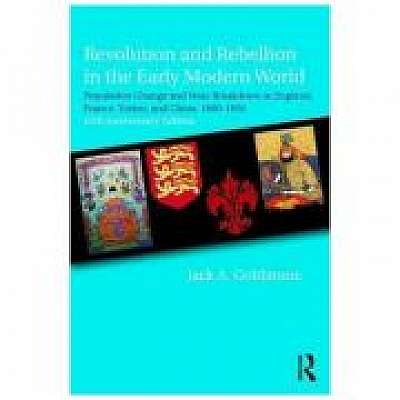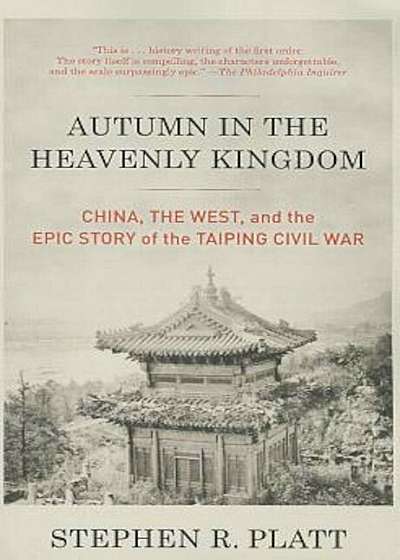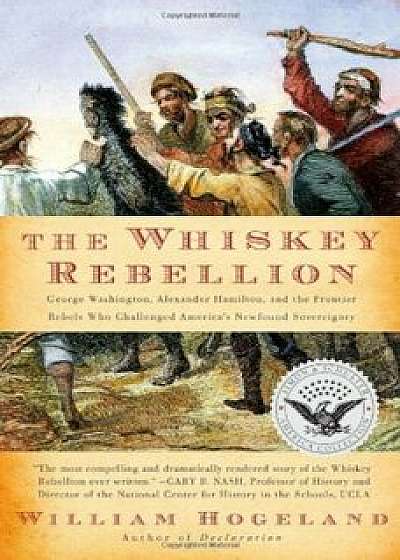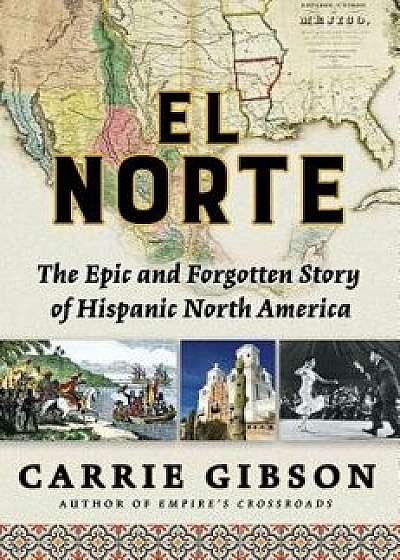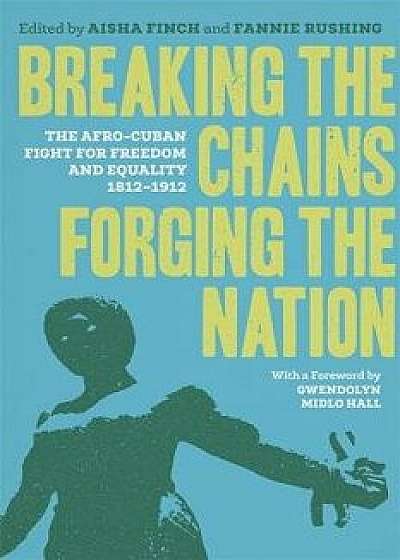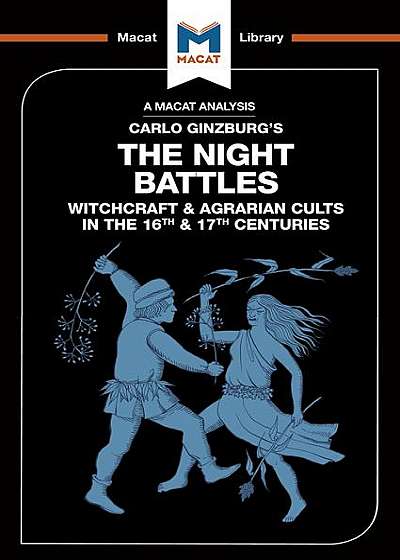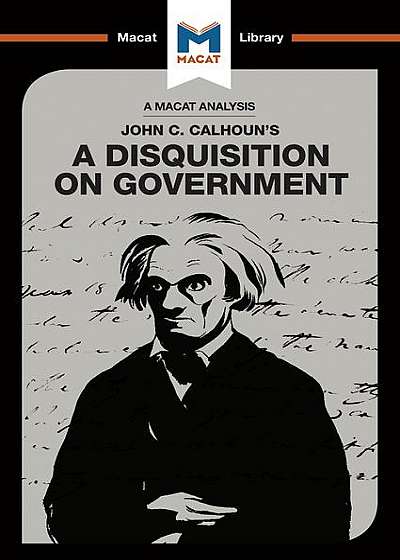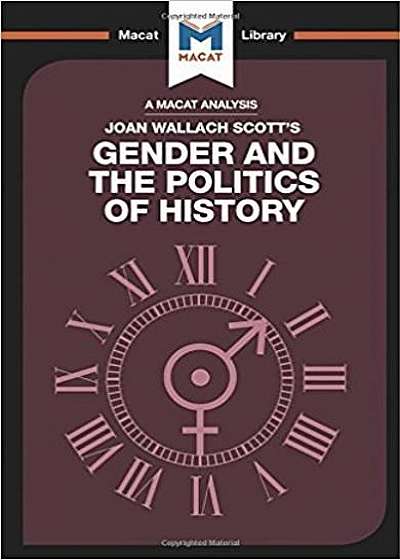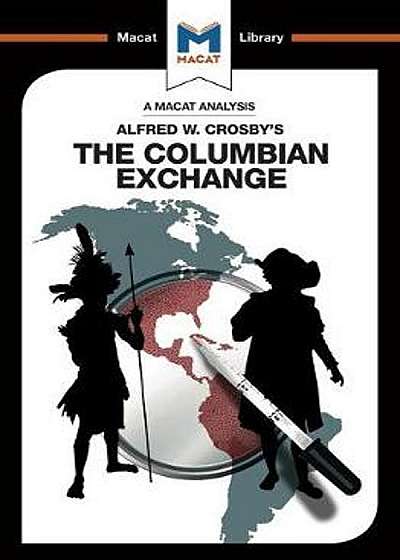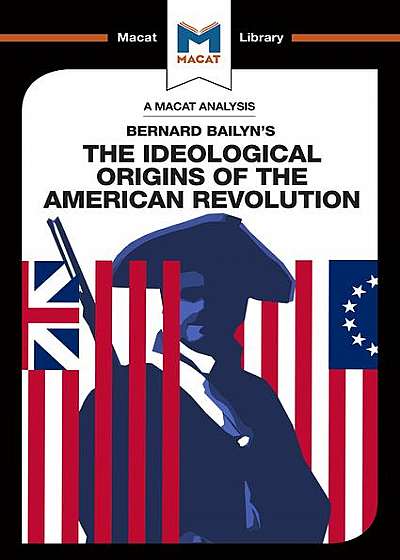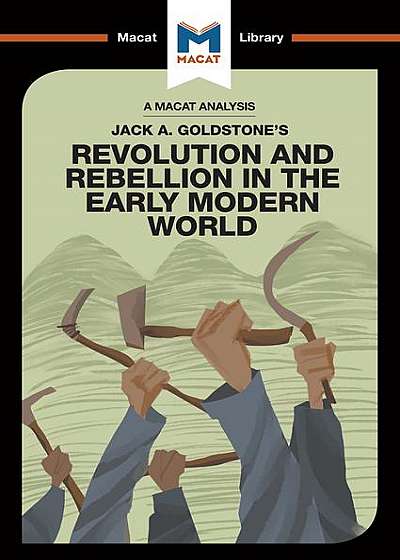
Revolution and Rebellion in the Early Modern World
Descriere
Understanding why revolutions take place when they do, and as they do, is important in itself. Understanding how they are rooted in the societies they upend - and the ways in which those societies share crucial similarities - is arguably even more so. It can be argued that this unexpected outcome - one that the author himself did not anticipate - is the product of an acute problem-solving ability, one that made Goldstone particularly receptive to alternative possibilities. His insistence that early modern and modern European and Asian peoples have vastly more in common than was generally recognised, and followed a similar path of advanced organic development that left Qing China as vulnerable to revolution as the France of the Ancien Regime, has not only become a central contention of early 21st century sociology; it has also underpinned the creation of multiple theoretical models that have nothing to do with revolution. None of this would have been possible had not Goldstone challenged himself by asking questions that other scholars had supposed had mundane answers.
